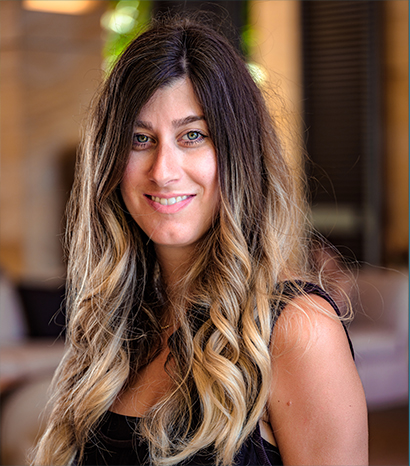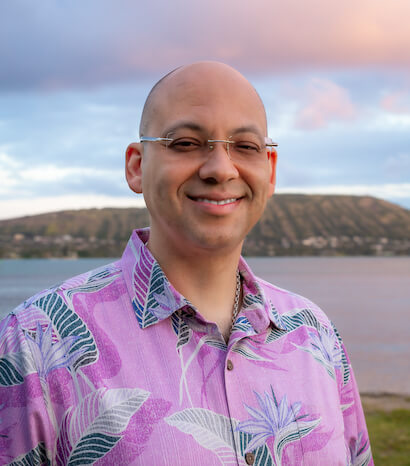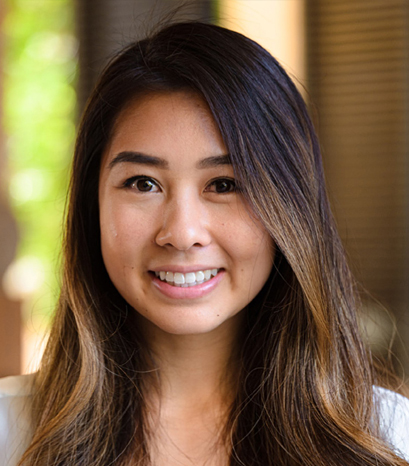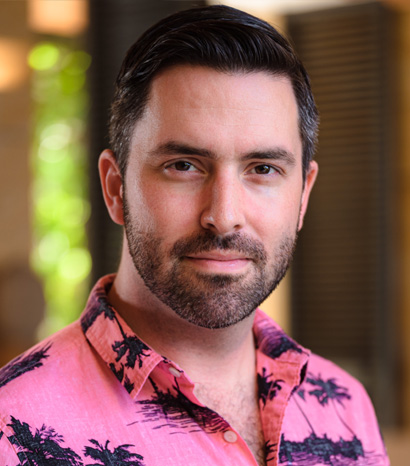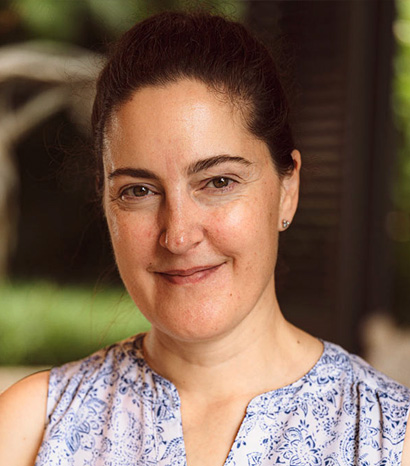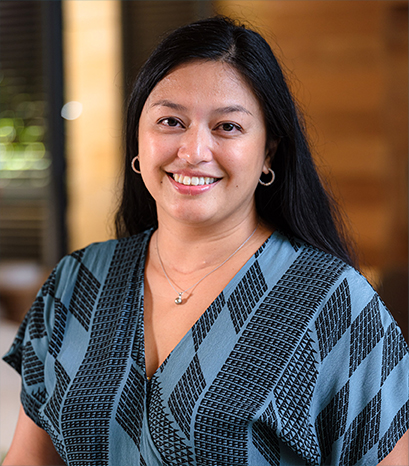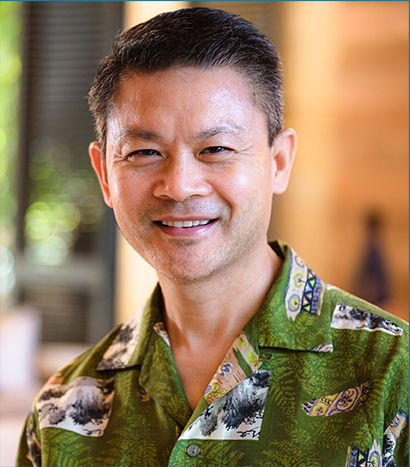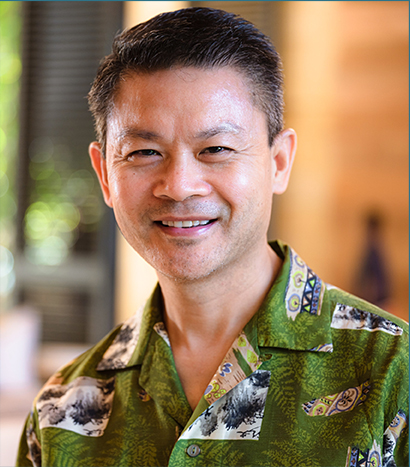
Ky Le, MD
FAMILY MEDICINE
Dr. Le completed his medical training in Texas, after which he went to work in hospitals, clinics, and urgent care centers in Texas, California, and Hawaii. He’s been practicing medicine for 13 years in Hawaii, enjoying the diversity of people and culture that the community has to offer.
Headache
Headaches are common. In fact, many people suffer from them. The simple cure for treating a normal headache is to drink an extra glass of water. In addition, rest or take a painkiller. There are different types of headaches and causes for them.
Different types of headaches and causes:
There are different types headaches and causes. For instance:
Tension headaches
To start, tension headaches are felt in a band across the forehead. They can last for several days and do not disturb sleep. Most people can carry on working with a mild tension headache.
Migraines
Migraines cause severe pain on one side of the head or face with a throbbing sensation as well. They are often severe enough to throw life out of gear. The sufferers need to sleep and rest before leading normal routines.
Cluster headaches
In addition, cluster headaches are also very severe headaches and occur in clusters. They occur continuously for several days or even weeks. Furthermore, it occurs primarily in adult male smokers. It is often predominant with a red watery eye and a stuffy runny nose. It is also seen with a drooping eyelid as well.
Chronic tension headaches
Chronic tension headaches due to muscle tension in the back of the neck. Also, it mainly affects women. These headaches start after a neck injury or tiredness.
Medication-overuse headaches
Headaches due to overuse of medication are long-lasting. They are mainly due to painkiller medication. When painkillers are taken regularly for headaches, it affects the body as a result. The body becomes immune to medicines and, therefore, addicted to medication. If the medicine is not taken regularly, it leads to a headache as a result.
Exertional headaches
Exertional headaches are headaches in relation to excessive physical activity. They turn severe after a strenuous activity. Activity such as running and coughing, for example. Also, activities such as sexual intercourse and straining with bowel movements are also examples as well. Headaches at orgasm are very common in people suffering from migraine. They tend to be severe, at the back of the head and last about twenty minutes.
Stabbing headaches
To add, primary stabbing headaches are often known as ‘ice-pick headaches’ or ‘idiopathic stabbing headaches’. Idiopathic is a term for something that comes without a clear cause. These are short and severe headaches, which are very sudden. They last between 5 and 30 seconds and occur behind the ear. Migraine prevention medications are useful for treatment.
Trigeminal neuralgia
Lastly, trigeminal neuralgia is the condition causing facial pain. The pain is of short bursts of electric shock-like sensation in the face and is one-sided. It affects older people and the pain gets triggered by touch or light breeze on the face.
Causes of headaches:
There are different types of headaches and causes. Such as:
- Often, headaches have underlying causes. Treatment involves treating that cause. High blood pressure usually causes no symptoms at all. But, it may manifest headaches.
- Chemicals, drugs and substance withdrawal.
- Additionally, headaches can be due to a substance or its withdrawal. One example is carbon monoxide, produced by gas heaters or coal-fired stoves. Alcohol hangover and dehydration are also common causes as well.
- Headaches due to referred pain.
- Also, some headaches are from pain in some other part of the head. Such as tooth or ear pain. Pain in the jaw joint and pains in the neck can also cause headaches as well.
- Sinusitis is another common cause of headache. The sinuses swell up due to infection such as a cold or allergies.
- Lastly, acute glaucoma can cause a severe headache. In glaucoma, the pressure inside the eyeballs suddenly increases. As a result, causes a severe headache.
Complications
Of note, all headaches are unpleasant. Dangerous headaches tend to occur suddenly and become worse over time. The complications occur mostly in older people. Such as:
- Bleeding around the brain (subarachnoid hemorrhage)
Subarachnoid hemorrhage is from rupturing of a blood vessel on the surface of the brain. It gives rise to an acute headache and a stiff neck. This is a rare cause but can be fatal as well.
- Meningitis and brain infections
Meningitis is an infection of the tissues around or on the surface of the brain. Encephalitis is an infection of the brain due to bacteria, viruses or fungi. They cause severe headache. They can also cause nausea as well.
- Brain tumors
A brain tumor can cause headaches, which gets worse from day-to-day.
When to visit your doctor for headaches
There are different headaches and causes. Most headaches do not have an underlying cause. Your doctor will try to diagnose the underlying cause, if any, and check for conditions such as:
- Any head injury in the last three months
- Signs of high temperature (fever)
- If the headaches start suddenly
- Any problems with speech and balance of body
- Problems with memory or changes in personality
- If the headache starts after coughing or sneezing
- Any redness or pain in eyes
- If it accompanied by nausea and vomiting with the headache
- You have low immunity, in cases of HIV or oral steroid medication, for instance
Remedy
Most headaches are of short duration and harmless. Simple measures can usually cure headaches. Migraine, tension headache and medication-overuse headache are common. Medicines can cure these headaches. A persistent and continuous headache may occur. This happens as a reaction to excessive painkilling medicines taken. Always consult your Primary Care Doctor regarding your headaches. Especially if they are severe and persistent. In general, headaches are less likely to occur in certain people. People who, for instance:
- Eat a balanced and regular diet
- Exercise regularly
- Manage their stress levels
- Maintain good body posture and strengthen the core muscles
- Drink plenty of water throughout the day
- Have plenty of sleep
Meet some of our doctors and experts
Here are some of the conditions we treat:
Questions regarding treatment? Contact us! We're here to help.
ALL MAJOR INSURANCE ACCEPTED
Visit with a board-certified Hawaii doctor online or by phone.

Here’s what people are saying
Kaimani
North Shore, Oahu
![]()
"I thought the whole process was pretty cool. To be able do this all on the phone instead of wasting an hour or two to see my doctor and wait all that time to speak with my doctor for only 5 minutes. The best part was I didn't feel rushed either during the video consult. The doctor really took her time speaking with me and more so than my regular doctor would have the time to do so with me.
Susan
Manoa, Oahu
![]()
This was so convenient for me and my family, especially since we are traveling and this saved me a trip to Urgent Care, who knows how long that could have taken. I appreciate how prompt the doctor and the staff were with contacting me.
Meliana
Lahaina, Maui
![]()
This was so great for my Dad to use as he is visiting from another country and he doesnt have health insurance. For something as simple as an earache, we didn't have to spend so much money on a quick doctor's visit. Plus the doctor was able to help my Dad sooner than our scheduled appointment!
Nalu
Mililani, Oahu
![]()
"Everything was very helpful from the initial call down the getting my prescription. I wish I could take this service back home with me to Canada!"
Allie
Lahaina, Maui
![]()
The whole experience was super fast! That was thee fastest appointment I have ever had, especially for something as simple as a prescription refill. Plus I had to pick my son up for school.
Nicki
Kapolei, Oahu
![]()
The fact that I was able to do all of this without getting out of my bed. From the time I made my appointment to hearing my prescription is ready, its been less than 1 hour.
Kawika
Aiea, Oahu
![]()
Video consult was my favorite part. I've never done a telemedicine visit before and it was cool. I can really see this being great for people with busy schedules, not to mention there is nothing like this in Hawaii yet.
Salesi
Lihue, Kauai
![]()
"Convenience from the comfort of your own home. Some times it can be a hassle getting out of house when you're already not feeling well to see your doctor, or even just to get a refill. But this is a very convenient service."
Andrea
Kailua, Oahu
![]()
"Just being able to do it at home and ON TIME was great, because I didn't have to spend the time to commute and spend time in the waiting room to MAYBE see my doctor at my scheduled appointment time. The doctor called me as soon on the dot of my appointment time."
Puka
Waimea, Big Island
![]()
The best part was definitely seeing the doctor on the video call. It is comforting as a patient that there is a real doctor on the other end laying eyes on me and the symptoms I could be having.
Chris
Kona, Big Island
![]()
"The doctor was great and took his time explaining my symptoms and treatment! Actually the whole experience was fantastic! I can't believe how efficient you guys are. It hasn't even been 30 minutes and I've already been contacted by pharmacy that my prescription is ready. This was great. I would definitely use this service again and highly recommend to others!"
We're trusted by local individuals and organizations.


